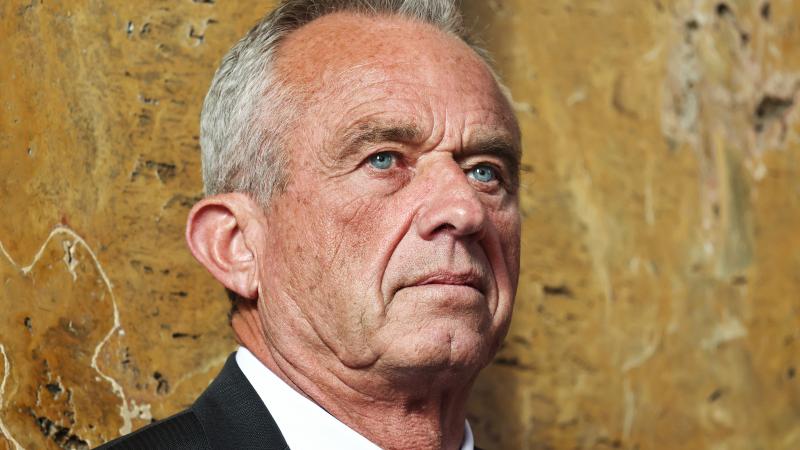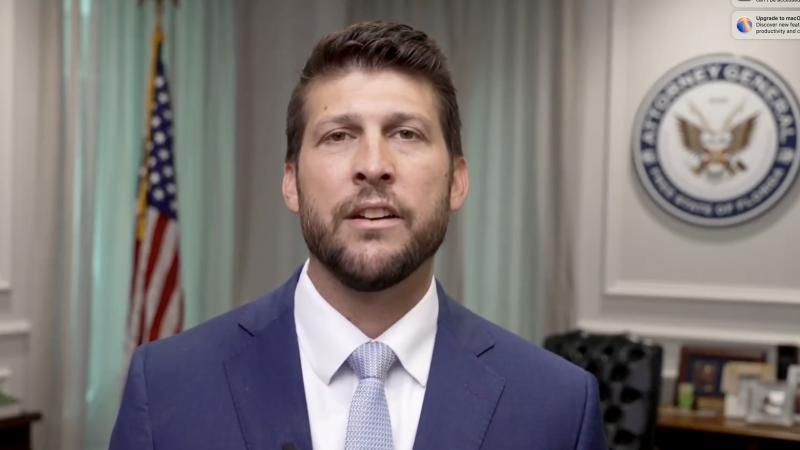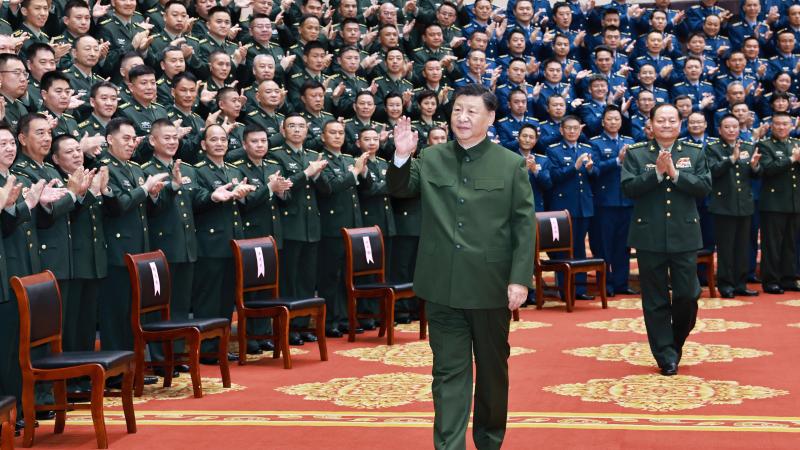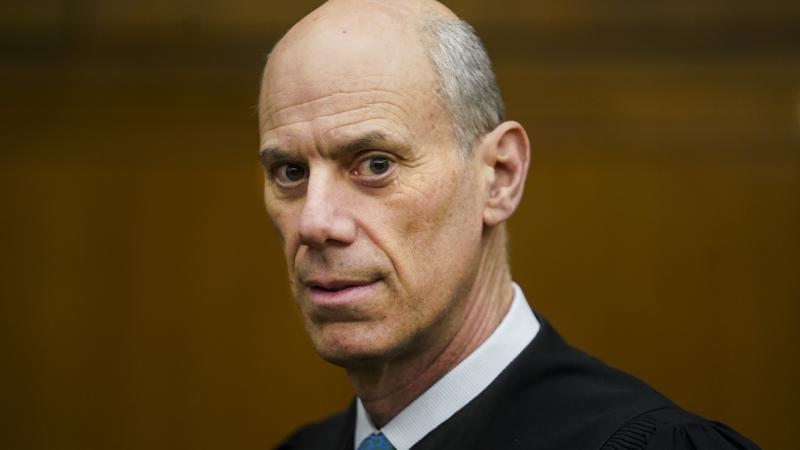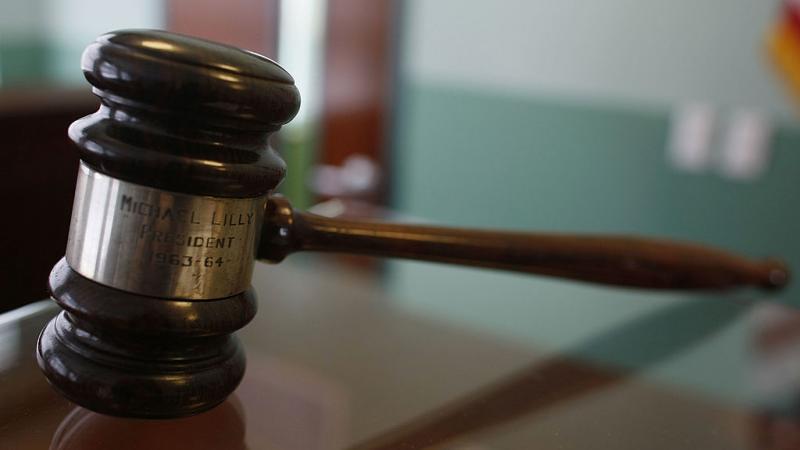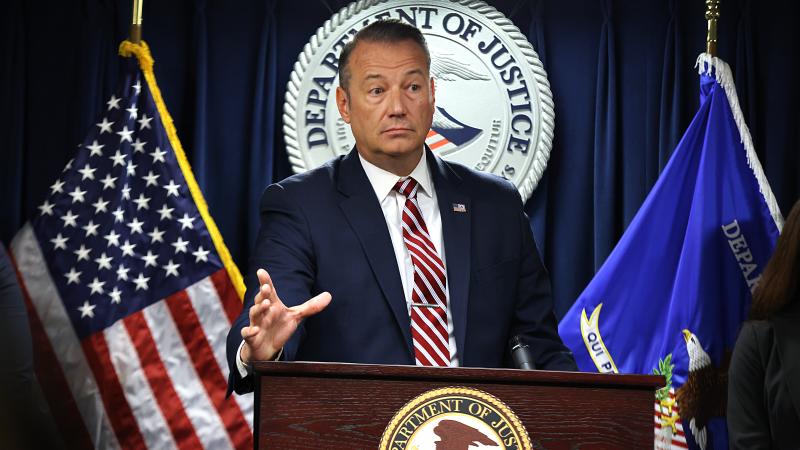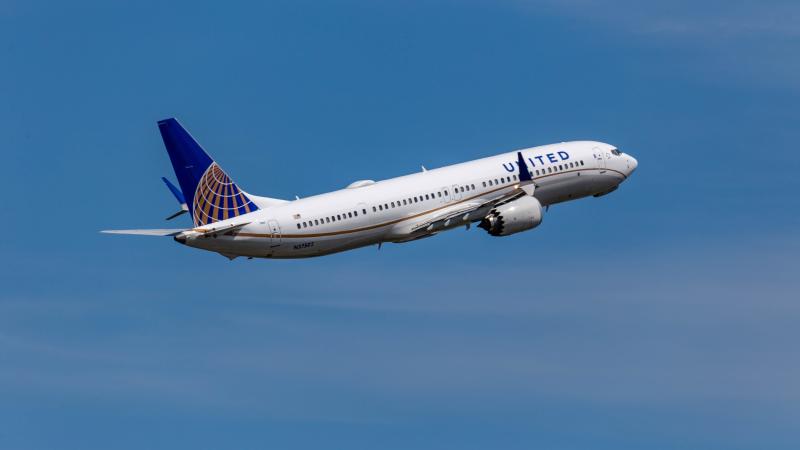Chicago mayor now open to video gambling after lawmakers express frustration
Illinois lawmakers expressed frustration with Chicago’s refusal to allow video gambling.
(The Center Square) -
After Illinois lawmakers expressed frustration with Chicago’s refusal to allow video gambling in the city, Mayor Brandon Johnson says he’s now open to the idea.
Johnson told reporters the issue is being debated, although members of his administration previously suggested video gaming terminals wouldn’t bring in much revenue.
“I’m open. I’ll just say it like that, right, because the work that we have to do to continue to build a safe and affordable city requires us to make critical investments. As long as people are willing to participate in that form of entertainment, it’s an opportunity to for us to secure the revenue that’s needed,” Johnson said at a press availability on Tuesday.
During the Illinois General Assembly’s 2025 spring legislative session, state Rep. Michael Kelly, D-Chicago, introduced House Bill 2990. The measure would allow Chicago to opt out of video gaming instead of having to opt in, but the bill failed to advance out of committee.
Kelly said the VGT’s would bring in projected revenues of $250 million for the state of Illinois and $50 to 70 million for the city.
State Rep. Dave Vella, D-Loves Park, addressed Chicago intergovernmental affairs director John Arena at an Illinois House Gaming Committee hearing on May 14.
Vella said there are a ton of VGT’s in the Rockford area.
“And they help keep restaurants open. It sounds like a third of your restaurants have closed down,” Vella said.
Pat Doerr, managing director of the Hospitality Business Association of Chicago, told committee members that 30% of the city’s taverns have closed since 2012.
Vella said, for 12 years, Chicago has been receiving road funds from VGTs in Rockford and Peoria and the Quad Cities.
“It is frustrating to leave this much money on the table when the city of Chicago and the mayor has made statement after statement that he’s going to come to Springfield and get what Chicago’s due, and Chicago’s not willing to kick in,” Vella said.
State Rep. Daniel Didech, D-Buffalo Grove, said lawmakers were practically begging Chicago to accept the revenue that video gaming would bring in.
“If the city of Chicago needs financial support from the state as much as it seems to suggest it does by its leadership’s comments in the media, try to work towards taking ‘yes’ for an answer,” Didech said.
Didech said the state has collected more than $6.7 billion in tax revenues since authorizing VGT’s in 2012. More than $1 billion of that was redistributed to municipalities, he said.
Later, during debate on the state budget at the end of May, state Rep. Jeff Keicher, R-Sycamore, noted that funds from video gaming downstate are funneled to Chicago.
“All of these VGT revenues that are being raised outside the city of Chicago seem to be going and supporting significant projects in the 13th Ward, in the 26th Ward, Chicago Public Schools,” Keicher said.
The 13th Ward is the home of former Illinois House Speaker and Democratic Party of Illinois chairman Michael Madigan, who was sentenced to 7.5 years in prison after being convicted on 10 counts of public corruption earlier this year.
Kevin Bessler contributed to this story.
